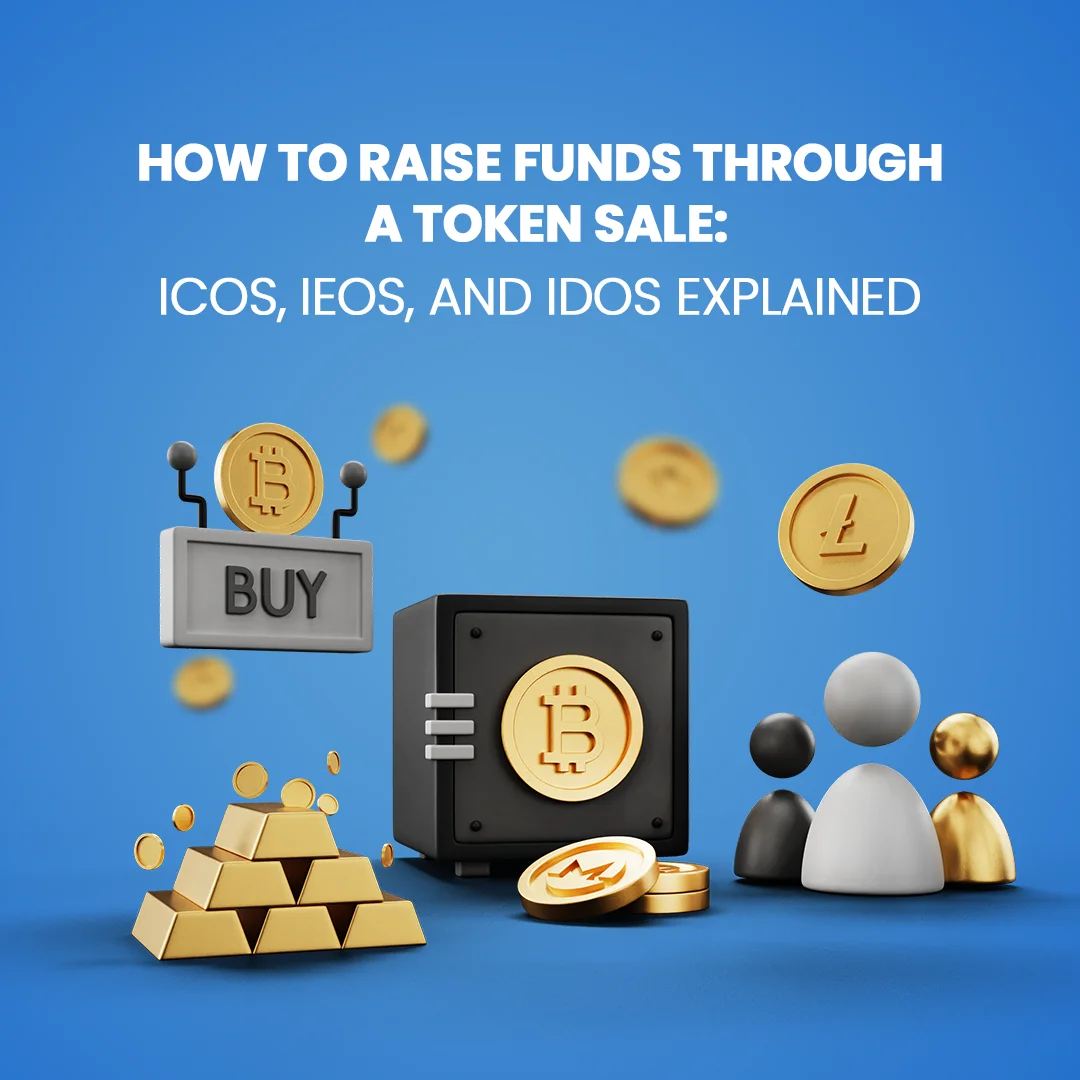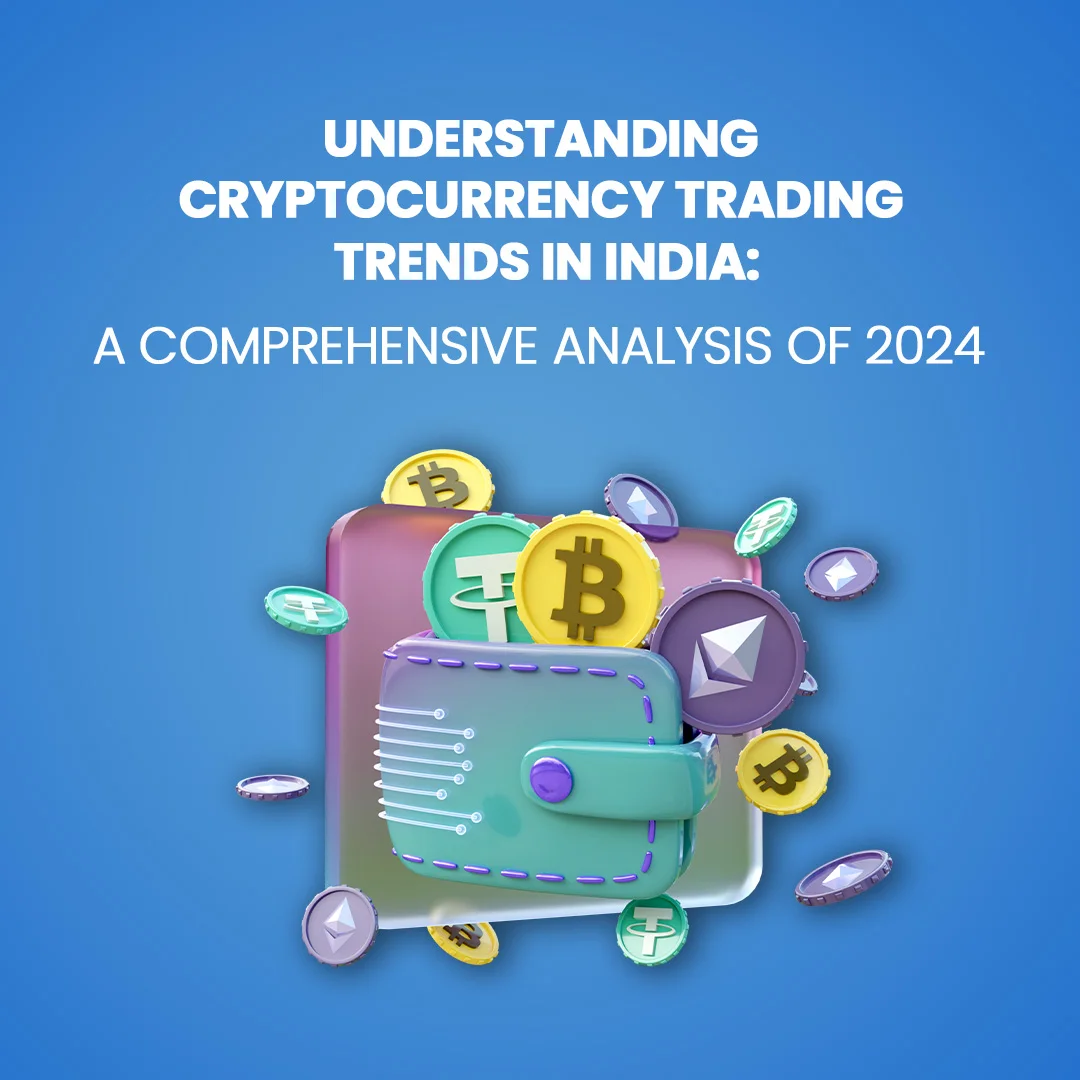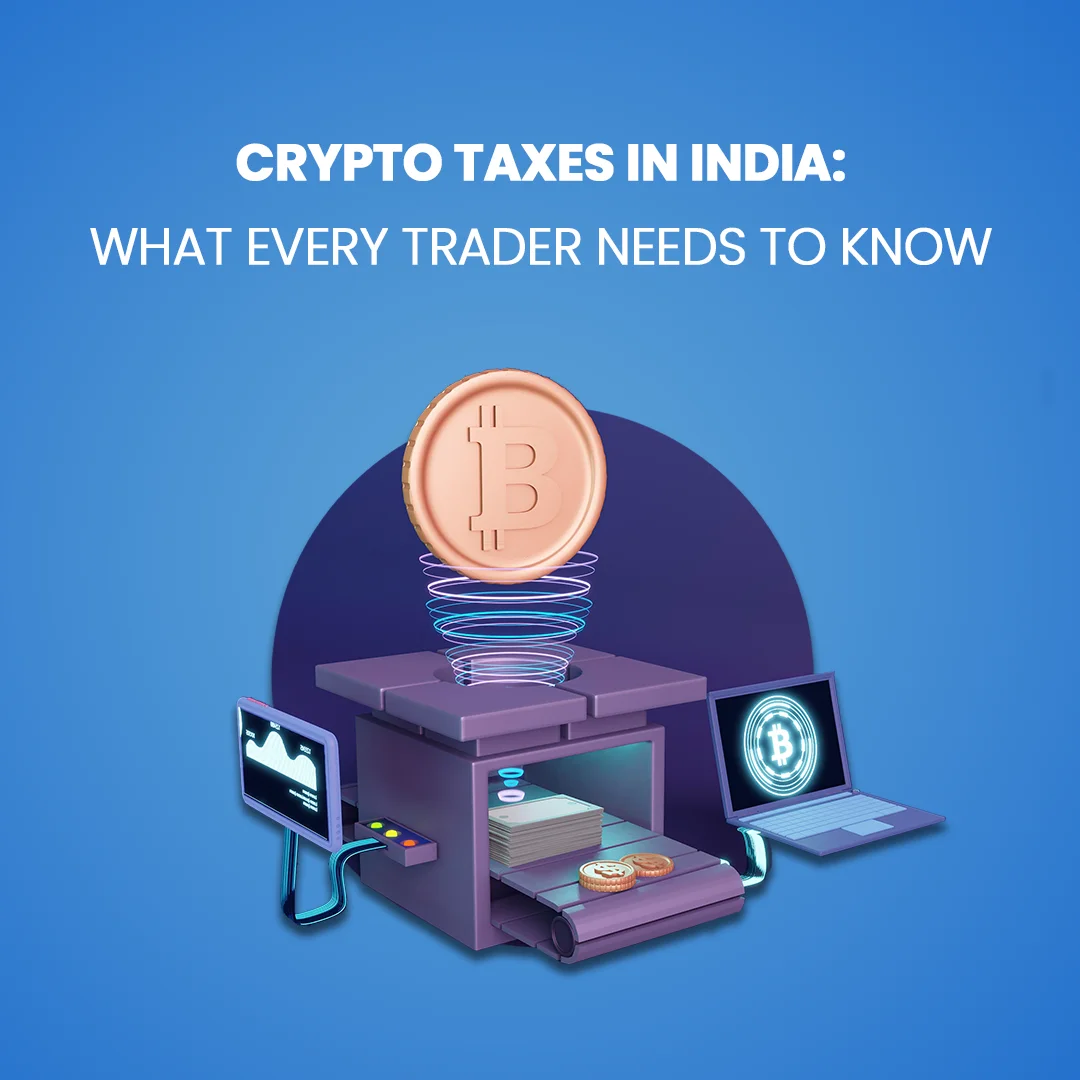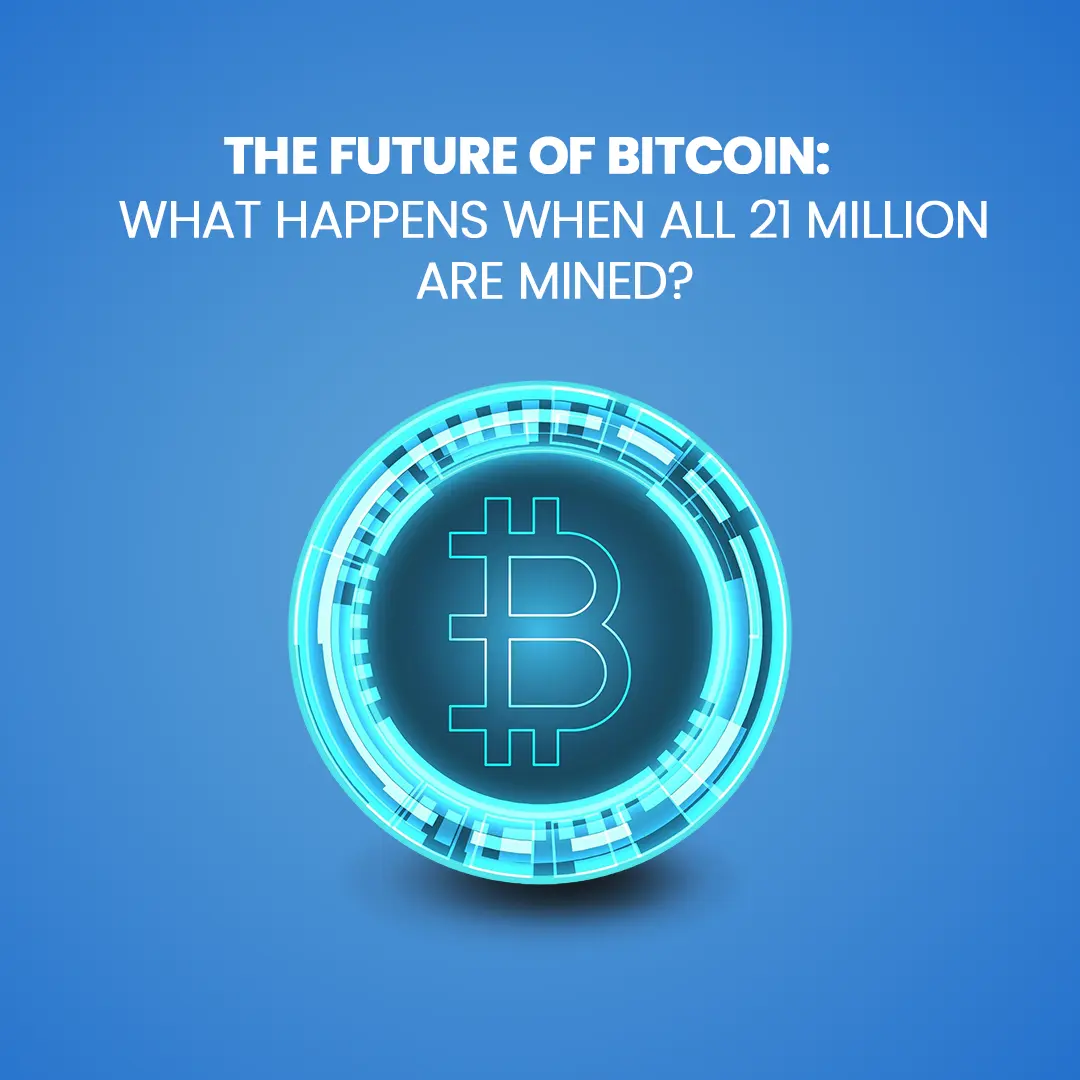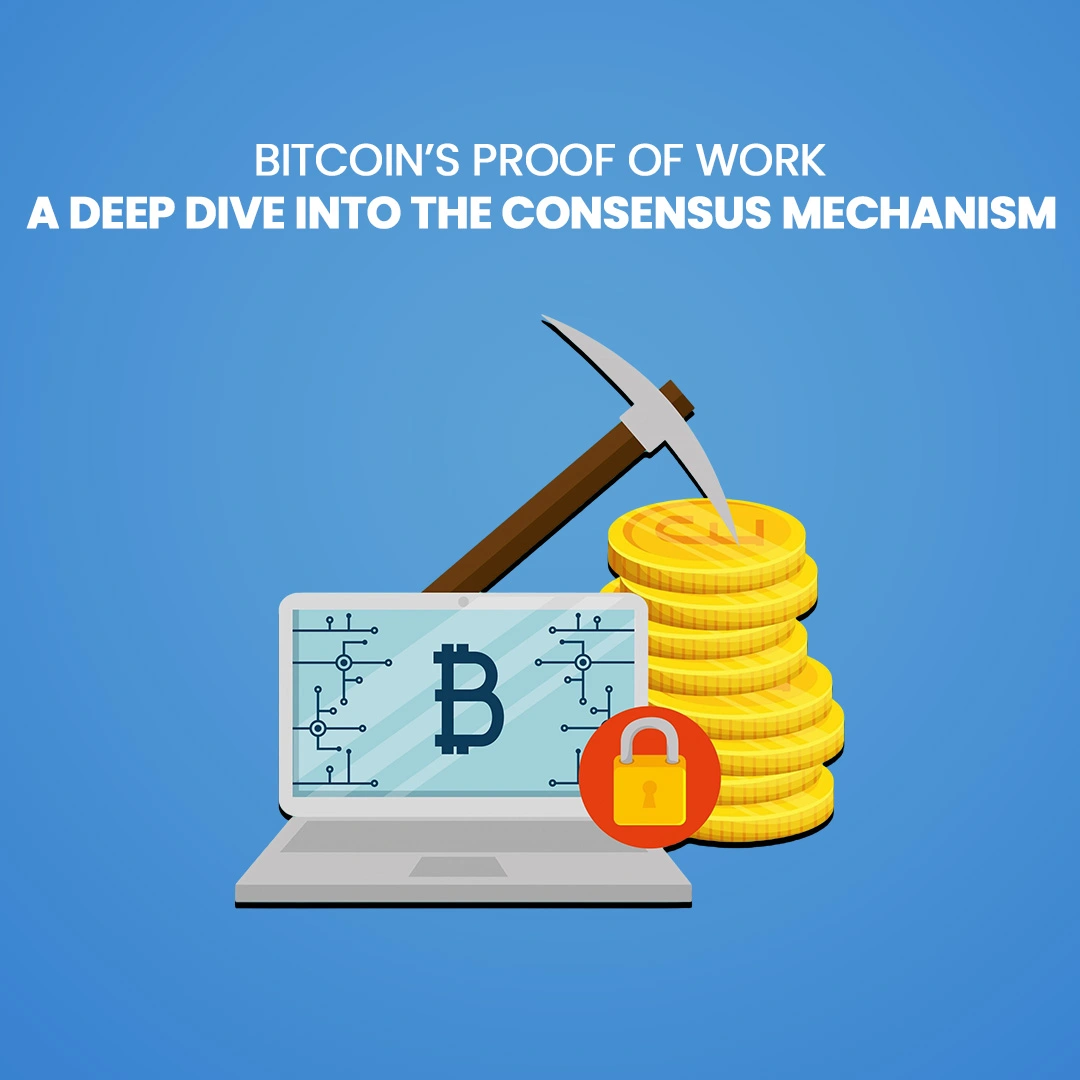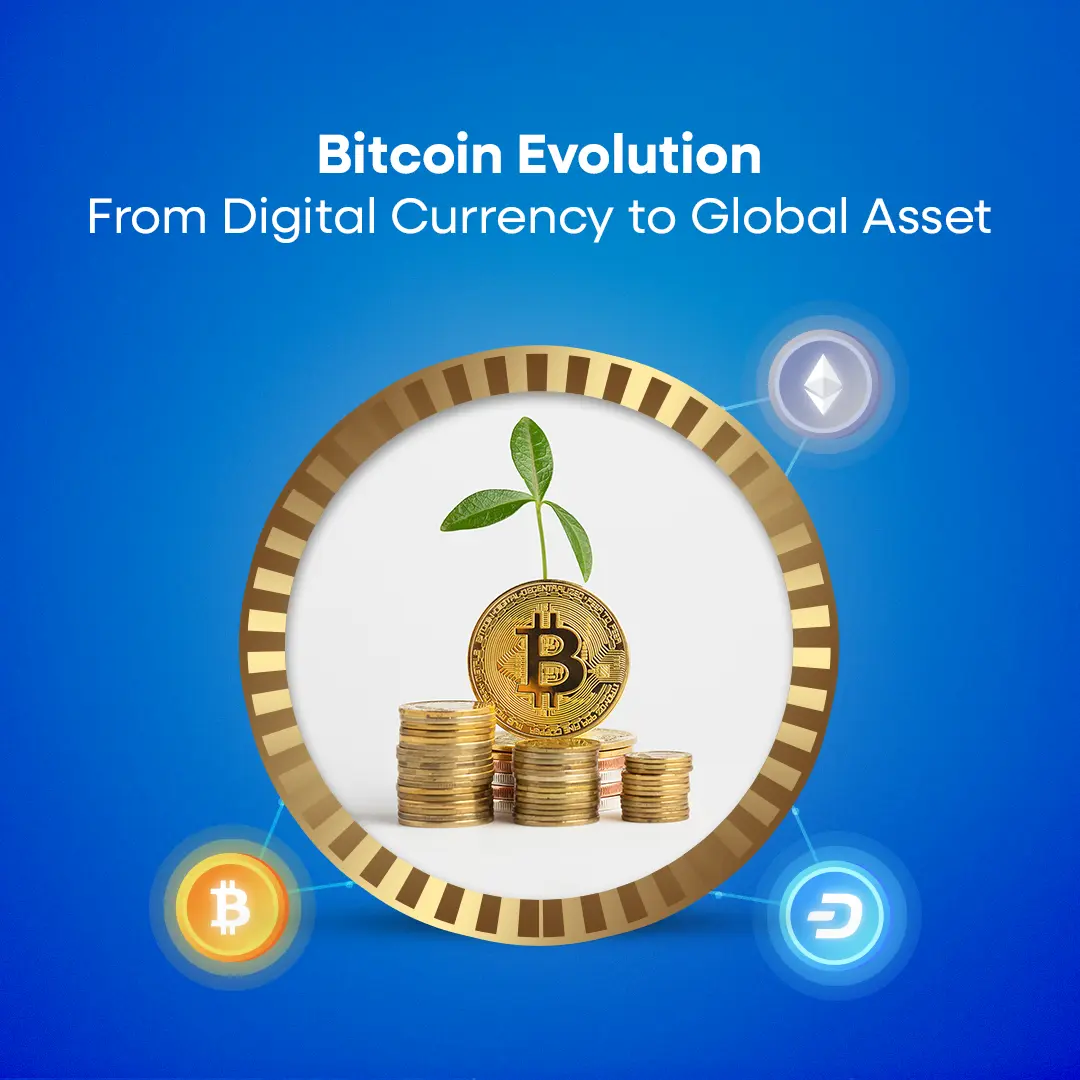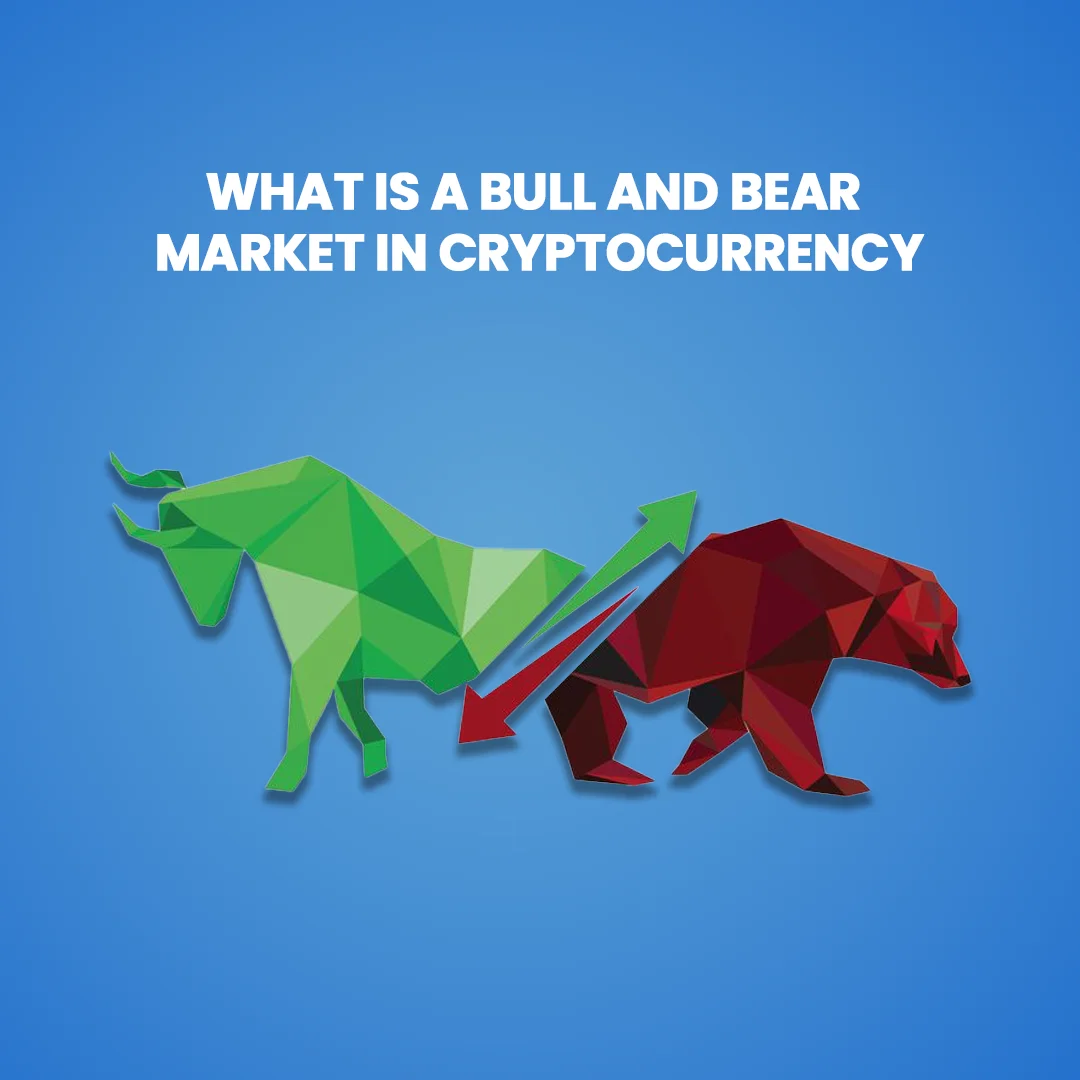

Decentralized Finance refers to a group of financial services and goods that are made available to anyone with an internet connection. As opposed to traditional finance, DeFi relies on blockchain technology and smart contracts to enable transactions and services without needing central authorities.
What’s the idea behind DeFi?
The idea of DeFi is to create a decentralized infrastructure that mimics mainstream financial products. Stated alternatively, the application of blockchain technology to replicate securities and systems that are standard in the conventional banking industry.
Coinbase claims that this is now achievable because of the use of smart contracts, which let programmers create far more advanced features than just sending and receiving Bitcoin.
Dapps, or decentralized apps, are used to do this. Compound, a Dapp exemplifies this as it recreates the conventional money market fund using blockchain technology.
Users of Compound can earn income by depositing their assets on the platform.
Here’s a super-electrifying backstory
The blockchain sector emerged as a defiant response to traditional finance, disregarding prevailing social standards. The inception of Bitcoin demonstrated this, with its first block having the message- “The Times 03/Jan/2009 Chancellor on the brink of second bailout for banks,” emphasizing its anti-establishment roots, notably in response to the 2007-2008 financial crisis.
Initially, blockchain and traditional finance existed in different worlds. While only a few innovative individuals from traditional banking dabbled in blockchain and digital assets, their activities were isolated and operated autonomously within the organizations they worked for. Meanwhile, a new generation of pioneers was quietly creating the framework for what is now known as decentralized finance (DeFi).
Over time, a fascinating transformation occurred. The formerly divergent realms of blockchain and traditional finance began to take an interest in one other’s inventions. This led to cross-pollination of ideas and technology, paving the way for collaboration.
Even authorities began investigating blockchain technology, testing Automated Market Makers (AMMs), a DeFi innovation, for traditional cross-border payments through programs such as Project Mariana.
The emergence of stablecoins, which are tethered to fiat currencies, demonstrated the ideal combination of DeFi innovation with traditional financial stability. These stablecoins found practical use for conventional remittances, particularly in emerging economies, further blurring the distinction between the two worlds.
So the question is whether Defi is the Future of Worldly Finance on the Blockchain.
Let’s understand this by elucidating how different Defi is from the Traditional Banking System.
Defi apps or Dapps are accessible to everybody, anywhere in the world, and are not impacted by local laws as long as they have an internet connection.
Smart contracts, or self-executing blockchain programs, run DeFi firms; they are not governed by central authorities.
Smart contracts feature publicly available codes that can be reviewed, and they operate automatically when specific criteria are met. Every activity and transaction is visible to all parties.
Since DeFi apps are meant to function together, developers can mix and match different DeFi products—such as stablecoins and decentralized exchanges—to produce fresh, creative solutions for an array of use cases.
What benefits can the DeFi system bring about in the financial orb?
Although the DeFi revolution is still in its infancy, it has tremendous potential.
DeFi can become an essential component of the global financial system as technology advances and regulatory frameworks change.
It has the power to completely change the way we use money and financial services by bringing about a more transparent, equitable, as well as effective financial environment.
DeFi may provide financial inclusion by giving underbanked and unbanked people access to financial services.
DeFi reduces expenditures by doing away with middlemen, which boosts efficiency and lowers transaction costs.
Reinforced by the transparency and immutability of blockchain technology, the security of financial transactions becomes super safe.
Can Decentralized Solutions Be Adopted?
DeFi is seen to raise the value of crypto assets by introducing functionality and stability to the crypto ecosystem. It’s good to consider DeFi assets and Bitcoin as a wonderful fit that enhances each other.
To fully realize the promise of blockchain technology, proof-of-stake, and proof-of-work DeFi smart contracts must be combined.
The growing awareness of the underlying unfairness and inadequacies in traditional banking systems is expected to drive the adoption of decentralized solutions.
This increasing awareness may encourage more people to use blockchain technology, which will likely increase the price of cryptocurrencies on the market in the future.
What can likely affect Decentralized Finance not coming into action soon?
DeFi adoption and essential compliance are severely hampered by the imperative need for clear laws, which breeds market uncertainty.
New users find DeFi platforms intimidating due to their complexity, which emphasizes the necessity for education and simplification to promote wider use.
Since smart contract bugs and exploitable weaknesses have the potential to cause significant financial losses, it is crucial to carry out thorough audits and put strong security measures in place.
Anticipating the ideal time
While it’s believed more often in today’s era that wisely investing in the crypto market could lead to significant profits, it’s also important to understand that in reality, the actual money in this market is relatively low. That’s the reason for the crypto prices to be driven by hype frequently. While we can hope that there is a potential for substantial profits and gains, the risks also are equally eminent, meaning that the downside can be just as hefty.
If you’re someone who doesn’t have money to lose and are focused on funding your retirement or steadily growing your portfolio, it’s believed that cryptocurrency should be the last investment you consider. The space is still too new and highly volatile, making it a risky choice for securing your financial future.
FAQs
DeFi, or decentralized finance, is a revolutionary financial system based on blockchain technology that allows for direct peer-to-peer transactions and services.
Smart contracts automate legal events and activities based on preset rules, increasing confidence and efficiency in bitcoin transactions.
Blockchain technology provides transparency, security, and immutability in transactions, making it the foundation of decentralized finance.
Unlike traditional finance, DeFi provides financial services directly to customers through blockchain technology and smart contracts, without the need for central authority.

